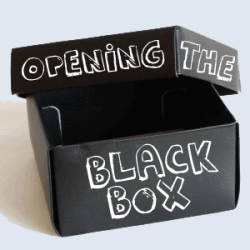Alanna Petrie – English Department
Last year, as a probationer teacher, I often encountered the difficulty of making group work effective. When planning group activities I had imagined a class full of interrogative youngsters working together to achieve their lesson aim. This was not quite the reality. The problems I encountered were that the work was being done by only one or two of the group while the others sat back or, that pupils would quickly seize the opportunity to socialise rather than learn.
After trying a variety of group work strategies, I was introduced to co-operative learning.
The aim of co-operative learning is to ensure that when pupils are working in groups they are all focused on achieving their learning goal. It works because the strategies rely on every member of the group fulfilling their role to ensure the success of the team. Not only are these strategies a good way of making lessons active and enjoyable but they also help to develop two of the four capacities: successful learners and effective contributors. Continue reading Co-operative Learning Strategies














